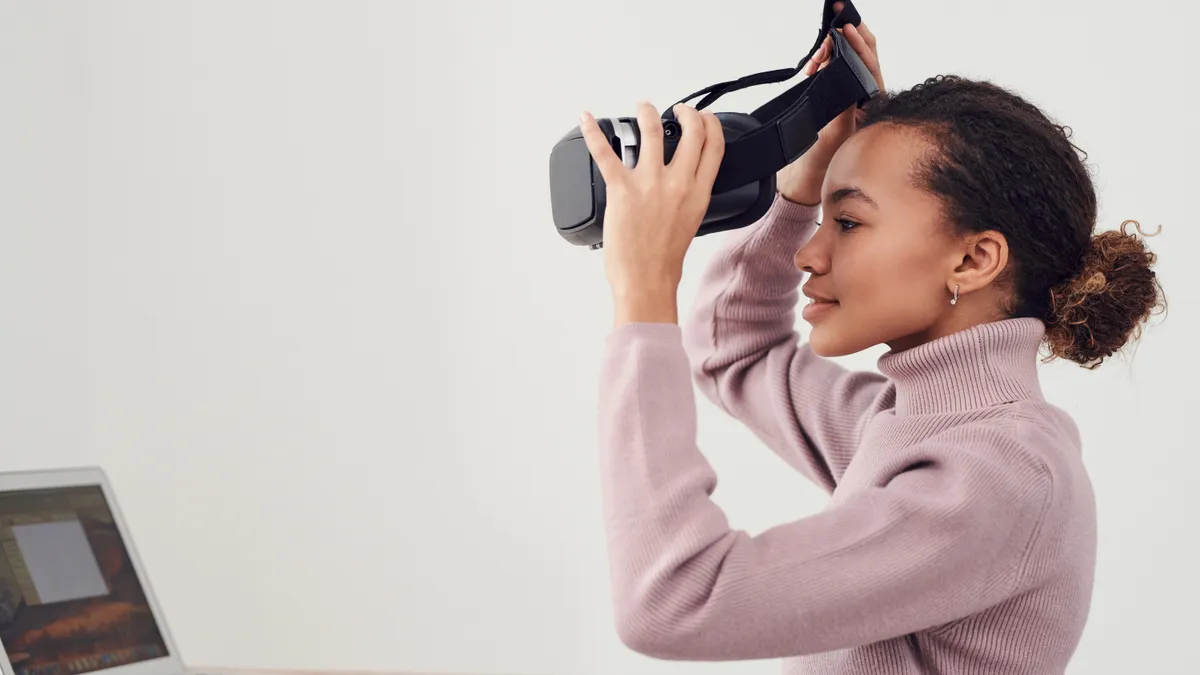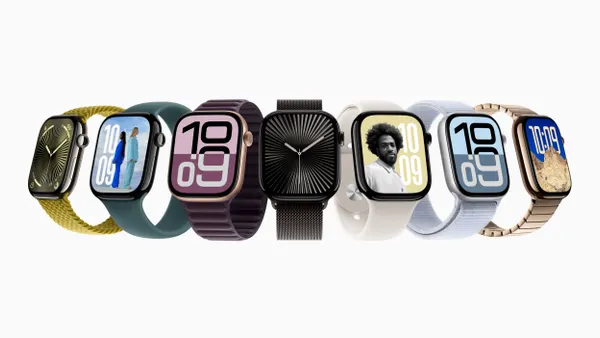Dive Brief:
- Penumbra has expanded its virtual reality rehabilitation platform with a system that provides lower body exercises.
- The new product, the REAL y-Series, builds on the upper extremity and virtual reality capabilities of earlier attempts by Penumbra to support people undergoing physical or occupational therapy.
- The company is betting that giving patients the ability to see their entire body in motion will promote higher engagement and intensity and thereby lead to improved outcomes.
Dive Insight:
Penumbra, which makes devices to treat stroke and brain aneurysms, began exploring the healthcare applications of virtual reality in 2017 through a joint venture with California-based virtual reality company Sixense. Last year, the company stepped up its pursuit of the opportunity, buying Sixense for $251 million and introducing the REAL i-Series. The product had a virtual-reality-enabled headset with gaze navigation and activities designed to address mental well-being and cognition.
Now, Penumbra has introduced the next iteration of its device, the REAL y-Series. Adding lower body sensors will enable Penumbra to support a wider range of conditions, the company said in a statement on Tuesday.
Early adopters at U.S. hospitals and clinics are using the system to “address core and balance, cognition, functional uses, activities of daily living training (e.g., grocery shopping, self-care) and cognitive stimulation,” it added.
Gita Barry, executive vice president and general manager of Penumbra’s immersive healthcare business, made the case for using a virtual reality platform to support patients undergoing physical or occupational therapy.
“Two of the largest challenges in rehabilitation are maintaining patient motivation and lack of engagement,” Barry said in the statement. “By enabling patients to immerse and visualize their entire body in motion and providing clinicians the ability to individualize each therapy session to challenge and motivate patients, we can maximize the key benefits of rehabilitation therapy.”
Penumbra is still working to convince customers of the technology. In its annual financial filing, the company warned that it had “not yet determined that the business model [it is] pursuing to bring virtual reality technology to the healthcare field will be successful.”
Penumbra said success depends on the technology being more widely accepted in the market and on having purpose-built healthcare hardware and software.












